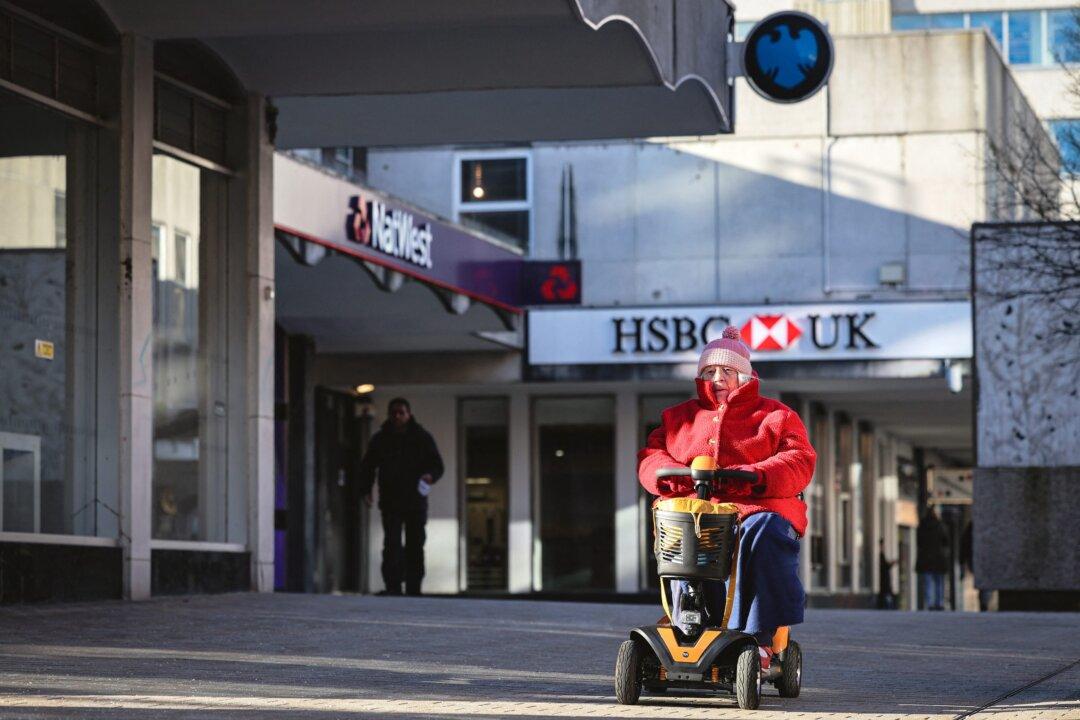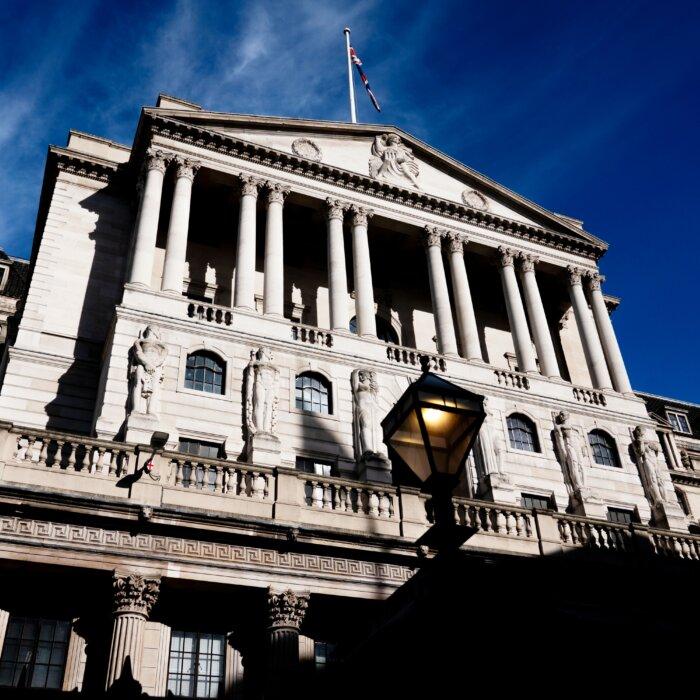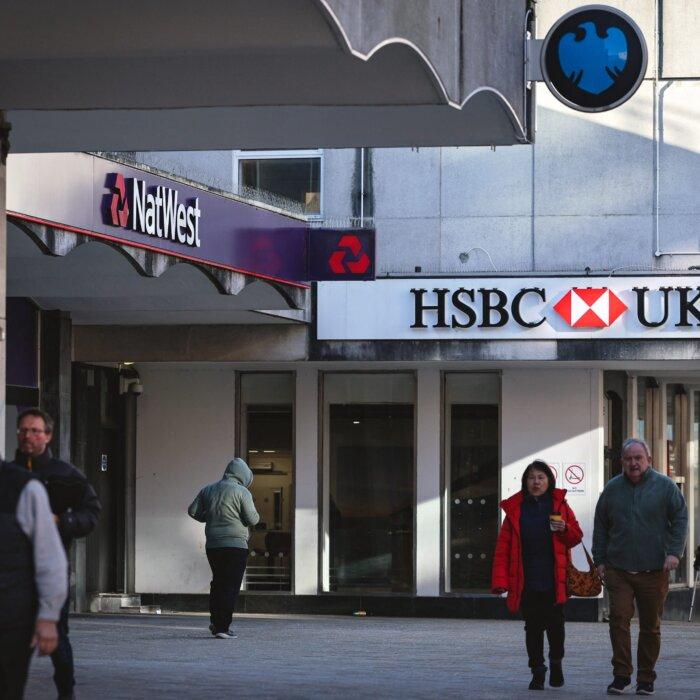A regulator has criticised banks for closing the accounts of charities, revealing that 42 percent of not-for-profits said they had experienced banking problems.
A survey last year by the watchdog of 2,500 charities found that 42 percent had experienced banking problems, Ms. Stephenson said, including difficulty opening new accounts and accounts being frozen without warning. The Charity Commission chief said the survey suggested debanking occurred most frequently with Barclays.
“Can’t you [high street banks] do a bit to try and make your business work for these organisations, instead of trying to make these organisations work for your business,” she added.
Charities on the ‘Front Line’ of the Cost of Living Crisis
This is not the first time Ms. Stephenson has called on banks to do more to support the charity sector. In November 2023, she and her fellow charity regulator chiefs in Scotland and Northern Ireland signed a letter calling on banks to take “urgent action to help hard-pressed charities” by providing them better support.The letter said not-for-profits were “on the frontline of the current cost-of-living crisis, providing vital support to people across the country at this challenging time,” and that “many charities are themselves facing financial difficulties.”
“The current stresses for charity trustees are heightened by avoidable frustrations at the availability of bank accounts and substandard service from banks,” the regulators said, outlining that from their collective work, they had found that charities had been debanked or had their accounts suspended for long periods of time.
Charities had also seen “poor customer service and administrative delays,” and found that online banking was not designed to match the way in which charities function.
140,000 Small Business Accounts Closed Last Year
In February, the Treasury Committee revealed that banks had closed at least 140,000 accounts held by small businesses in the past year, representing 2.7 percent of small business accounts.The data was provided to the committee by Barclays, Handelsbanken, HSBC, Lloyds, Metro, NatWest, Santander, and TSB.
The major banks listed reasons for account closures including account inactivity, account holders not providing updated information when requested, and abusive or threatening behaviour from customers. Closures also occurred over proof or suspicion of fraud or financial crime, or the financial institution’s business or risk appetite.
Barclays told the committee almost a quarter of their closures were because the accounts had gone dormant. Almost 60 percent were owing to a failure by the customer to comply with regulatory requirements to provide updated documentation or information, the bank said.







